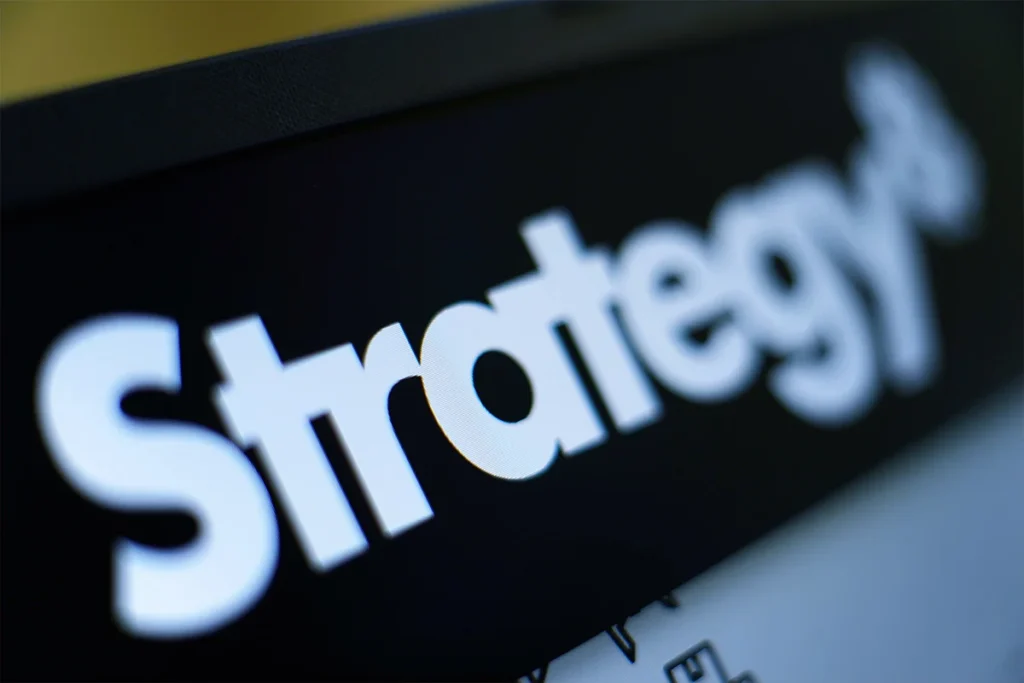StreetCred Is Challenging Google Maps—and It Wants Your Help

New York City, and Christiana Ting didn’t realize just how many urgent care facilities there were until the app told her to start looking for them. “They were giving extra points for medical offices, and I found them, I think, on every block,” she says. “I’m not sure what that says about the neighborhood where I work.”
Ting was one of 761 New Yorkers who downloaded, played with, and occasionally became obsessed with an app called MapNYC this fall, vying for their share of an 8-bitcoin prize (worth about $50,000 at the time). The month-long contest, run by a new mapping startup called StreetCred, was really an experiment. StreetCred’s main research question: How do you convince regular people to build and verify mapping data?
It turns out that the maps that guide you to the nearest Arby’s, or help your Lyft driver find your house, don’t just materialize. “I took mapping for granted until I started the competition,” Ting says, even though she pulls up Google Maps at least twice a day. “But it’s such an inconvenience if the info on the map is wrong, especially in a place like New York, that’s changing all the time.”
For regular folk, detailed, reliable mapping info is helpful. For businesses, it can be crucial. Some want to be found when a map user searches for the nearest sandwich shop. Others use products that rely on base maps—think Uber, the Weather Channel, your car’s navigation system—and require up-to-date location data. “One of the huge challenges to any geographic database is its currency,” says Renee Sieber, a geographer who studies participatory mapping at McGill University. That is to say, yesterday’s map is no good to anybody doing business today.
Validated and unvalidated data points in Queens, New York, a few weeks before the conclusion of the MapNYC contest. StreetCred CEO Randy Meech says he suspects Uber and Lyft drivers were adding this data as they picked up, dropped off, and waited for fares near John F. Kennedy International Airport.
StreetCred sees that as an opportunity. “There’s a lot of companies, none of whom I can name, who have location data, and that data needs improvement,” says
Be the first to write a comment.



